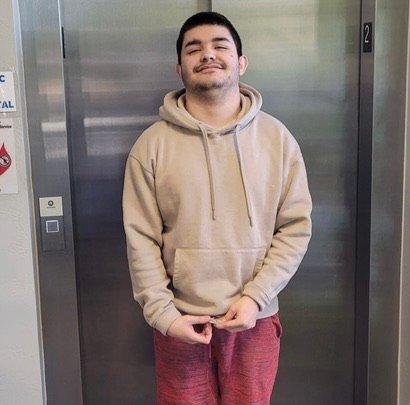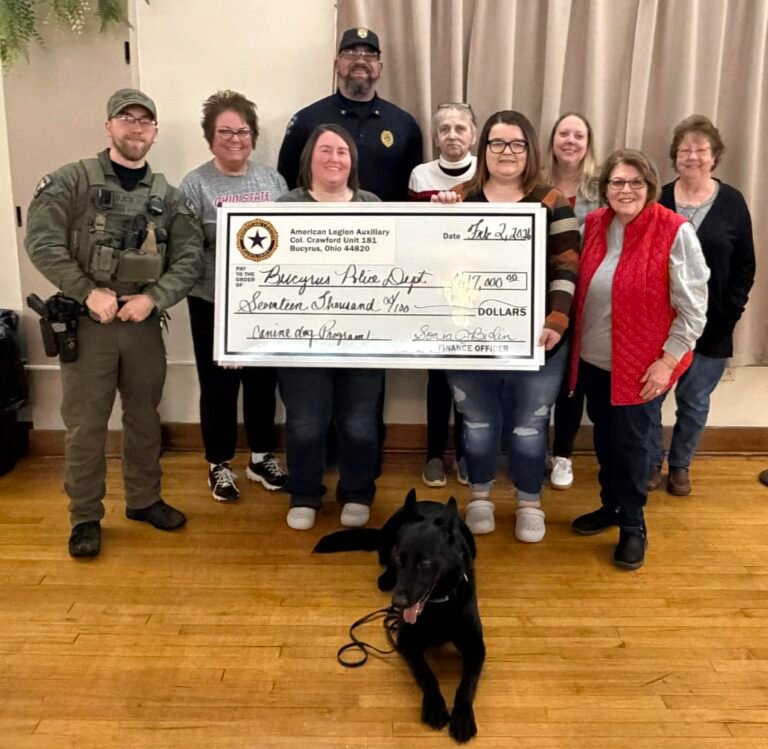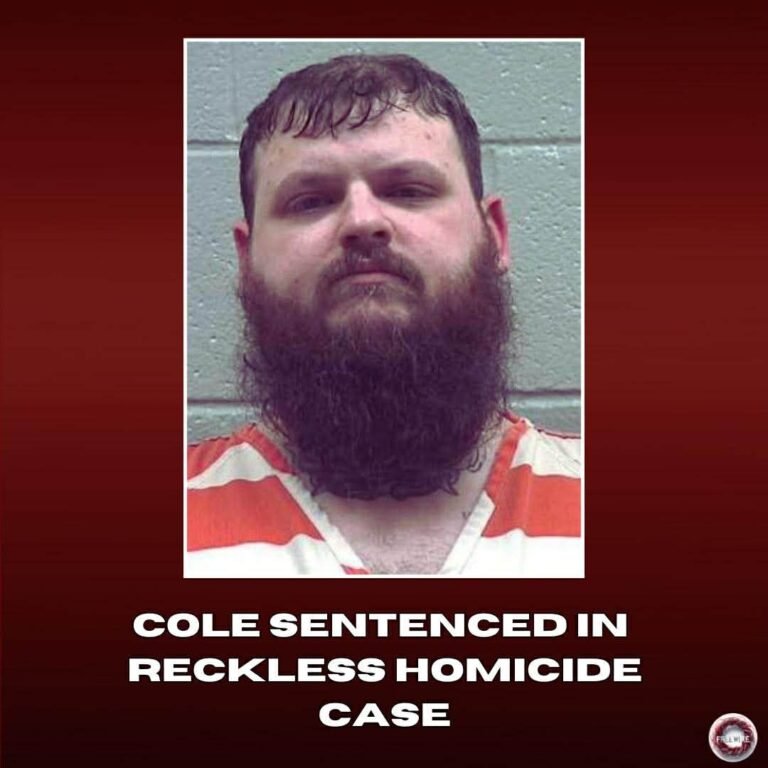
By April Rodgers, Content Coordinator
During a month meant to celebrate and raise awareness for the neurodivergent community, a 17-year-old autistic boy named Victor Perez died after being shot multiple times by Idaho police.
Victor was nonverbal. He had cerebral palsy. He walked with a staggered gait. He could not speak for himself. But his body—riddled with nine bullets—told a story louder than words ever could.
This shooting happened on April 5 in Pocatello, Idaho, after a 911 call described an intoxicated man with a knife chasing someone in a yard. It was not an intoxicated man. It was Victor.
What the caller saw as a threat was in fact the unsteady movement of a teenager living with both autism and cerebral palsy. His family was trying to get the kitchen knife away from him. He had fallen to the ground in the yard.
Four officers arrived. They ordered him to drop the knife, but within 12 seconds, they opened fire—shooting Perez nine times through a chain link fence. Tweleve seconds. That’s all it took to end Victor’s life.
How do you de-escalate a situation with someone who cannot speak? You try. You pause. You wait. You listen to the people crying out, “No, no,” from the sidelines. You ask questions before pulling a trigger. You give more than twelve seconds.
Victor’s aunt, Ana Vazquez, said it best: “Those police broke our family.”
This isn’t just about police brutality. This is about a societal failure to understand neurodivergence. It’s about a lack of training, of empathy, and of systems that often punish disabled children for behaviors rooted in neurological differences.
Victor’s life mattered. His story matters. During Neurodiversity Month, it is heartbreaking to write about his death rather than his dreams.
Neurodiversity includes autism, ADHD, sensory processing disorders, dyslexia, Tourette’s, and more. It is not something to be feared. It is something to be understood. When we fail to understand, people like Victor pay the price. Victor was declared brain dead and his family removed him from life support, he died on Saturday, one week after being shot.
His death is not an isolated tragedy. It’s a wake-up call. Across the country, conversations are growing louder about how law enforcement engages with neurodivergent individuals—and how it must change.
Efforts Toward Reform: Policing & Neurodivergent Individuals
Across the U.S., various programs and initiatives are being promoted to improve police interactions with people who have autism and other neurological differences. These include:
• Crisis Intervention Team (CIT) Training – Teaches officers how to recognize and respond to mental health and developmental disabilities using de-escalation tactics.
• Mandatory De-Escalation Training – Advocated by disability rights groups to help officers respond to sensory sensitivities and communication barriers.
• Mental Health Response Teams – Co-responder programs that pair officers with trained mental health professionals during crisis calls.
• Legislation & Federal Grants – Programs like the DOJ’s Community Policing Development Program fund better responses to disability-related emergencies.
• Public Education Campaigns – Led by nonprofits to raise awareness about how to recognize and support neurodivergent individuals in crisis.
How Are Local Departments Responding?
To better understand how these concerns are being addressed locally, I reached out to every law enforcement agency in Crawford County. Only one responded: Crawford County Sheriff Scott Kent.
Sheriff Kent shared that his deputies receive 40 hours of CIT training, sponsored by the National Alliance on Mental Illness (NAMI). The course includes instruction from mental health experts and the Department of Developmental Disabilities.
When asked about local partnerships, Kent said his department works with Third Street Family Health Services to assess individuals in crisis, and provides ongoing counseling for inmates in the jail. They also coordinate with the Crawford County Board of Developmental Disabilities when handling calls involving individuals with disabilities. Pastor Margie Maddox, he added, offers a 12-step rehabilitation program in the jail, along with classes in cognitive restructuring and anger management.
In response to how deputies handle calls involving nonverbal or cognitively impaired individuals in crisis, Kent replied: “You are throwing several conditions together with this question. Individuals who are non-verbal or cognitively impaired are not always mental health or behavioral health. Deputies respond to calls and have to assess each situation on a case-by-case basis. When someone is non-verbal or cognitively impaired, this is typically brought to our attention by a family member or support staff. If we are not able to address the issue at hand, we ask for our partner agencies to assist us—whether that be family, support staff, County Board of DD, Third Street Clinic, or local hospitals.”
Sheriff Kent’s response highlights a department that takes mental health and disability training seriously.
From 40 hours of CIT instruction to partnerships with local agencies and in-jail rehabilitation programs, it’s clear that the Crawford County Sheriff’s Office is making a strong effort to respond thoughtfully to individuals in crisis. In a time when not all departments are adequately prepared, Sheriff Kent’s commitment to training and collaboration stands out as a positive example.
Let’s make sure no one like Victor is ever misunderstood—or misjudged—to death again.
To learn more about autism, nonverbal communication, and neurodivergence, explore these resources:
• Autistic Self Advocacy Network (ASAN): https://autisticadvocacy.org/
• Neurodiversity Resource Guide – National Library of Medicine: https://www.ncbi.nlm.nih.gov/books/NBK574593/
• Neurodiversity Week: https://www.neurodiversityweek.com/
• National Autism Association: https://nationalautismassociation.org/
• Understood.org – Support for Neurodiverse Families: https://www.understood.org/

















